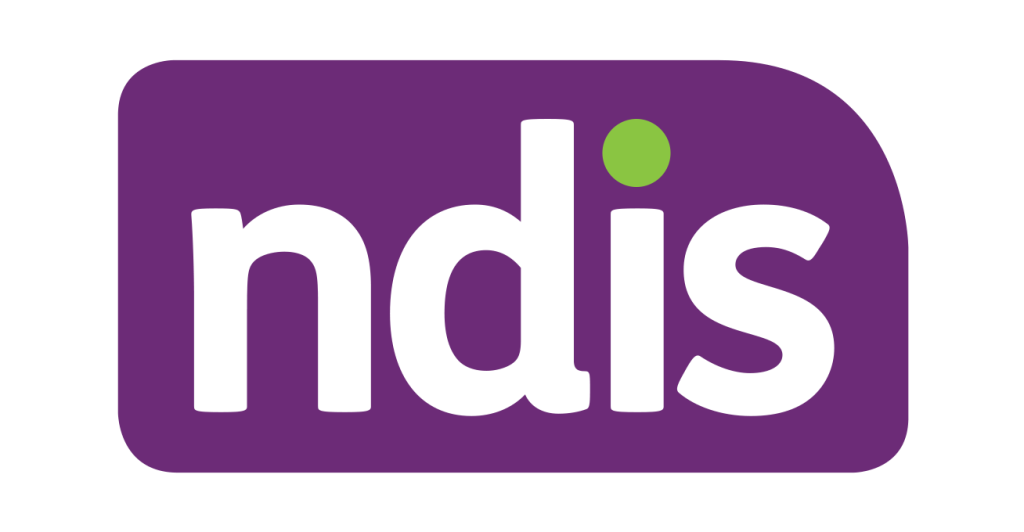FAQ
- About
- FAQ
FAQ
General Question
My Aged Care is the entry point to access Australian Government aged care services and information about:
- The different types of aged care services available
- Your eligibility for services
- Referrals to service providers that can meet your needs
- Your contribution to the cost of your aged care
Call My Aged Care on 1800 200 422 or apply for an assessment online
- You will be asked questions over the phone to help work out your needs and care arrangements. This takes at least ten minutes.
- You can also apply for an assessment on the My Aged Care website.
- You will need your Medicare card.
- If you are applying for someone else, they will need to give their consent.
Have a face-to-face assessment
- My Aged Care may arrange for a trained assessor to come to your home.
- With your consent they will assess your care needs and eligibility for services. They will then work with you to develop a support plan which addresses your needs, goals and preferences.
- Someone else can be with you during this visit.
Find out about costs
- My Aged Care and service providers can give you information about how much you might have to pay. You may need to complete a financial assessment through the Department of Human Services
Find a provider
- The My Aged Care website can help you find and compare providers in your area. • Your assessor and My Aged Care can also help you find a provider(s) in your local area that meets your needs.
The My Aged Care website includes information that has been translated into 18 languages. People who speak a language other than English can also phone the Translating and Interpreting Service (TIS) on 131 450. The TIS staff will facilitate a call to the My Aged Care contact centre on the person’s behalf. TIS covers more than 100 languages and is available 24 hours a day, 7 days a week, for the cost of a local call.
Australia’s aged care system is evolving to offer increased choice and control for consumers. This transition to person centred care requires care to be tailored to meet an individual’s diverse needs. Quality care ensures that the dignity and human rights of everyone is embraced. It also requires that the diverse characteristics and life experience of the individual, that may influence their care needs, are met.
The objective of the Aged Care Diversity Framework extends upon actions already implemented by the aged care sector to build an inclusive, respectful and person-centred aged care system. This framework identifies common barriers which prevent people accessing the aged care services they need and suggests how this can be resolved.
If you speak a language other than English, you can phone the Translating and Interpreting Services (TIS) on 131 450. TIS covers more than 100 languages and is available 24 hours a day, 7 days a week, for the cost of a local call.
If you suffer from hearing or speech impairments, you can use the Telephone Typewriter (TTY) service on 133 677 or 1800 555 677 (for 1800 freecall numbers) so that My Aged Care can support you.
A person who has difficulty communicating over the phone can contact My Aged Care with assistance from a trusted person. This might include family members, carers, friends or service providers. Where it is not possible to conduct registration and/or screening over the phone, or the client expresses a desire not to continue over the phone, the client will be referred directly to a face-to-face assessment. IC Care can provide 1 to 1 support when accessing My Aged Care, just ask one of our friendly staff to assist.
Yes. Telephone calls to the My Aged Care contact centre will be answered directly by a contact centre staff.
Yes. In cases where it is apparent that urgent care is required, service delivery may be provided before a client has contacted My Aged Care. Ultimately clients need to be registered with My Aged Care and have their broader needs considered. It is expected that service providers would refer the client to My Aged Care to be registered as soon as possible.
People who are deaf or who have a hearing or speech impairment can contact My Aged Care through the National Relay Service in two easy steps:
Visit the National Relay Service website to choose a preferred access point.
Ask for My Aged Care on 1800 200 422.
You can call the My Aged Care contact centre on 1800 200 422 (Freecall*).
They are open:
Monday to Friday: 8am - 8pm
Saturdays: 10am - 2pm
Closed on Sundays and national public holidays.
Launched by the Australian Government in May 2013, myGov secures access to several important government services by giving you one universal account as a portal to each specified service. A secure myGov account lets you link My Aged Care, with one username and password, all in one place.
If you need assistance with logging into myGov, please call the myGov helpline on 132 307 and select option 1.
The myGov helpline is open from:
• 7am- 10pm Monday to Friday and
• 10am- 5pm Saturdays and Sundays, local time.
More information is available on the myGov website at https://my.gov.au/mygov/content/html/help.html
IC Care offers individually tailored and flexible services to support the needs of our clients, including those moving onto an NDIS plan.
We can offer you:
• Individualised services tailored in the way you choose
• Expertise in providing a broad range of services
• Access to experienced staff who are reliable and responsive
• The benefits of our focus on inclusion and ensuring active community participation and interactions
• Flexibility in our service delivery to meet your specific requirements
• Supports that focus on delivering results and helping you meet your goals
If you need more information about the NDIS and how to get the most out of the scheme, contact IC Care for a confidential discussion on 4677 2524
Most referrals for service will come with either a completed home support assessment or comprehensive assessment. As part of the assessment process, the assessor will work with the client to develop a support plan which outlines a client’s needs and goals. Information about the outcomes of any screening and/or assessment episodes (including the support plan) will be included on the client record. There are situations were a referral may be sent without a complete home support or comprehensive assessment. If people are referred directly by My Aged Care contact centre staff to Commonwealth Home Support Program providers, the outcome of the screening process (including the action plan), but not a completed assessment, will be available for service providers to guide service delivery. In cases where urgent care is required, services may be provided before an assessment is undertaken. An assessment will generally then be completed, which reflects current processes where urgent services may be required before an ACAT assessment is possible.
Each plan is developed with you to cover supports for 12 months. However, if significant changes to a plan are required, based on your new situation, a change in health conditions, or you need more time to fully explore your support options, then the timing of a new plan can be brought forward or extended.
FAQ
Services
Discover information about IC Care’s wide range of services, including Social Support Group, Individual Support, and Meals on Wheels.
IC Care take referrals from the My Aged Care Gateway.
There is no set time-limit on waitlists. My Aged Care provides a centrally hosted waitlist functionality that allows service providers to manage their own waitlists. The My Aged Care contact centre will monitor waitlists and follow up with providers as appropriate. The Department will have processes in place to review a client’s situation where they have remained on a waitlist for extended periods.
IC Care currently have no waitlist for any of our services.
From 1 July 2015, Commonwealth Home Support Program providers will receive electronic referrals for service(s) through the My Aged Care provider portal.
Home Care Package, Residential Care providers (including Residential Respite providers), and Transition Care Program providers will receive electronic referrals for service when the Aged Care Assessment Team (ACAT) transition to using the full functionality of the My Aged Care assessor portal between July 2015 and December 2015.
FAQ
NDIS
Learn more about how IC Care supports individuals under the National Disability Insurance Scheme (NDIS) and the available services.
The NDIS is an Australian Government scheme that provides a new way for people with disability to live the life they choose. The NDIS enables people with disability to access supports through an individualised funding package. It will give people with a disability the opportunity to make the decisions about their supports, including who will provide them.
The NDIS will provide funding for Core (or everyday) supports, Capacity Building supports (to improve skills and independence), and Capital (to improve access and independence).
The types of supports that the NDIS may fund for participants include:
• Transport to enable participation in community, social, economic and daily life activities;
• Workplace help to allow a participant to successfully get or keep employment or supported employment;
• Therapeutic supports including behaviour support;
• Help with household tasks to allow the participant to maintain their home environment;
• Help for a participant by personnel skilled in aids or equipment assessment, set up and training;
• Home modification design and installation;
• Mobility equipment; and
• Vehicle modifications.
From July 2016 the NDIS will begin to be available across NSW. To find out when your area will transition to the NDIS, visit www.ndis.nsw.gov.au or call IC Care on 02 46 772 524.
The National Disability Insurance Scheme (NDIS) will deliver life-long, individualised supports and services to people with disability in Australia. The Scheme is designed to ensure you have genuine choice and control when it comes to deciding the services and supports you receive. Run by the National Disability Insurance Agency (NDIA), the NDIS enables you to plan, choose and make decisions around your support needs and then manage your supports. As a long-time practitioner of person-centeredness, IC Care strongly supports the NDIS. The NDIS represents an exciting time, however you may have lots of things you’d like to know about this Scheme.
You can call the NDIA on 1800 800 110 to find out if you’re eligible. You can also check your eligibility by going to My Access Checker. If you are eligible, you will be sent forms to complete and return to the NDIA, who will then process your registration. If you are already an IC Care client, there is a slightly different process – a local staff member will be in contact with you before your area transitions into the NDIS.
Yes there are different ways. You have choice and the control over how you use funding for supports in your NDIS Plan. That includes choice of how the supports are provided and which service providers you use. There are five ways that plans can be managed.
1. NDIA Managed – this is where a provider like IC Care claims directly from the NDIA for the services we provide to you.
2. Plan Managed – IC Care is a NDIA Registered Plan Manager and can manage the transaction process and purchasing process of services delivered by IC Care, and/or for services you are receiving from another provider but you need assistance to help manage the transaction and relationship with that provider.
3. Self-Managed – you (or your nominee) can directly manage the funds; all transactions are completed by the participant for services rendered.
4. Automated Payments (transport only) – these funds can be deposited into an NDIS bank account weekly, fortnightly or monthly.
5. Combination – a combination of the above four options can be used together.
The National Disability Insurance Agency (NDIA) manages the NDIS. The NDIA engages directly with people with a disability and their families to complete individualised plans and provide funded supports if required. Every plan will be different because it is tailored to address each individual’s goals and needs.
You will begin to receive NDIS funding after you have completed your plan with the NDIA and the plan has been approved.
IC Care is providing all our existing clients with support from our Social Support/NDIS Coordinator. You can contact IC Care on 02 46 772 524 and speak to our Coordinator. They can arrange a time to meet with you to discuss your current services, and future services we can offer you under the NDIS.
If you choose to manage your funding, you will need to open a separate bank account just for your NDIS funds. The NDIA will put the money into this new account and you will then pay organisations for the supports they provide to you. If you decide to have your plan managed for you, or if you require support to manage your funds, then the organisations you have chosen will be given the money directly by the NDIA to cover the cost of your supports.
No it won’t. The NDIS will not replace the disability support pension. The NDIS is a separate national fund created to finance your reasonable and necessary support needs and associated aids and equipment. The NDIS is not means tested and as such, anyone who is eligible can apply for assistance; regardless of the disability support pension or level of personal income.
The NDIA will contact you to discuss the supports you are currently receiving (IC Care can help you with this). If you are happy with the support you currently receive from IC Care and the same supports are identified in your plan with NDIA then you can choose to continue to receive these same supports.
Yes it will. The NDIS will be financing the Mobility Allowance, so it is important that your NDIS Plan includes funding that would have traditionally been paid by Centrelink as an allowance to you for transport. When you transition to the NDIS and your NDIS Plan has been completed, Centrelink will cease providing your Mobility Allowance. It is our understanding that the NDIA will contact Centrelink on your behalf to check if you are receiving the Mobility Allowance. Your ongoing transport supports will then be discussed through your NDIS planning process
An Australian citizen, living in Australia, holds a permanent visa and who:
- Has a permanent disability that significantly affects their ability to take part in everyday activities.
- Is aged less than 65 when they first access the scheme.





